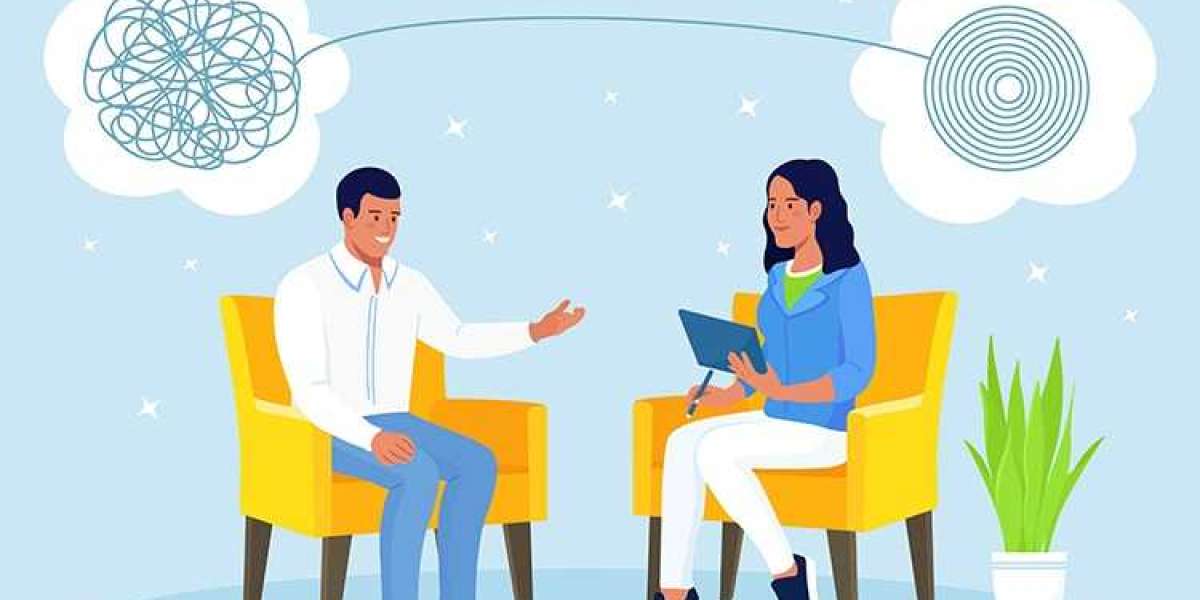Depression is one of the most common mental health challenges affecting millions of people worldwide. While it’s natural to feel low occasionally, clinical depression goes beyond temporary sadness—it’s a condition that requires professional help.
Licensed psychologists play a crucial role in identifying, addressing, and managing depression. By leveraging their expertise, they provide personalized care to individuals struggling with this debilitating condition.
Understanding Depression
Depression is a complex condition with emotional, cognitive, and physical symptoms. It can manifest as persistent sadness, loss of interest in activities, fatigue, difficulty concentrating, and changes in sleep or appetite. Severe cases may even lead to feelings of hopelessness or thoughts of self-harm.
Licensed clinical psychologists are trained to recognize these symptoms and distinguish between different types of depression, such as:
- Major Depressive Disorder (MDD)
- Persistent Depressive Disorder (Dysthymia)
- Seasonal Affective Disorder (SAD)
- Postpartum Depression
Their expertise ensures a comprehensive evaluation, paving the way for effective treatment plans.
How Licensed Psychologists Treat Depression
Psychologists use evidence-based approaches tailored to each individual. Here’s how they help:
- Conducting Comprehensive Assessments
Licensed psychologists begin by conducting in-depth assessments to understand the severity and type of depression. These evaluations may include interviews, questionnaires, and psychological tests. This step ensures that treatment addresses the root causes of the condition.
- Providing Psychotherapy
Psychotherapy, or talk therapy, is a cornerstone of depression treatment. Licensed psychologists use various therapeutic techniques, including:
- Cognitive Behavioural Therapy (CBT): Helps patients identify and change negative thought patterns.
- Interpersonal Therapy (IPT): Focuses on improving relationships and resolving interpersonal conflicts.
- Mindfulness-Based Cognitive Therapy (MBCT): Combines mindfulness practices with cognitive therapy to prevent relapse.
- Offering Emotional Support
Licensed therapists create a safe, non-judgmental environment for patients to share their feelings. This emotional support is invaluable in helping individuals process their emotions and work toward recovery.
- Developing Coping Strategies
Psychologists empower patients by teaching practical coping strategies to manage stress, improve emotional regulation, and combat negative thinking. These tools equip patients to handle triggers and prevent future episodes.
- Collaborating with Other Professionals
In some cases, depression may require a combination of psychotherapy and medication. Licensed psychologists work closely with psychiatrists and primary care physicians to ensure patients receive comprehensive care.
Why Choose a Licensed Psychologist for Depression?
While friends and family provide emotional support, clinical psychologists have the specialized training required to treat mental health conditions effectively. Their expertise in understanding human behaviour, emotional regulation, and therapeutic interventions ensures evidence-based care.
Other benefits of working with a licensed psychologist include:
- Confidentiality: Assurance that sensitive information remains private.
- Personalized Care: Customized treatment plans for unique needs.
- Focus on Long-Term Solutions: Addressing underlying causes rather than offering temporary relief.
When to See a Psychologist for Depression
If you or a loved one experiences persistent feelings of sadness, hopelessness, or a lack of interest in life’s activities, it’s time to seek help. Licensed clinical psychologists can make a significant difference by offering timely intervention and tailored treatment.
Here are some signs you should not ignore:
- Feeling down for more than two weeks.
- Struggling to perform daily tasks.
- Experiencing thoughts of self-harm or suicide.
- Feeling disconnected from loved ones.
Take the First Step Toward Healing
Depression is a treatable condition, and licensed psychologists are at the forefront of mental health care. By seeking their help, individuals can gain valuable insights, develop healthier coping mechanisms, and reclaim their lives.
Don’t let depression define you. Reach out to a licensed psychologist and take the first step toward healing. If you’re looking for professional support, visit Mindsy to connect with experienced mental health experts and begin your journey to recovery.








